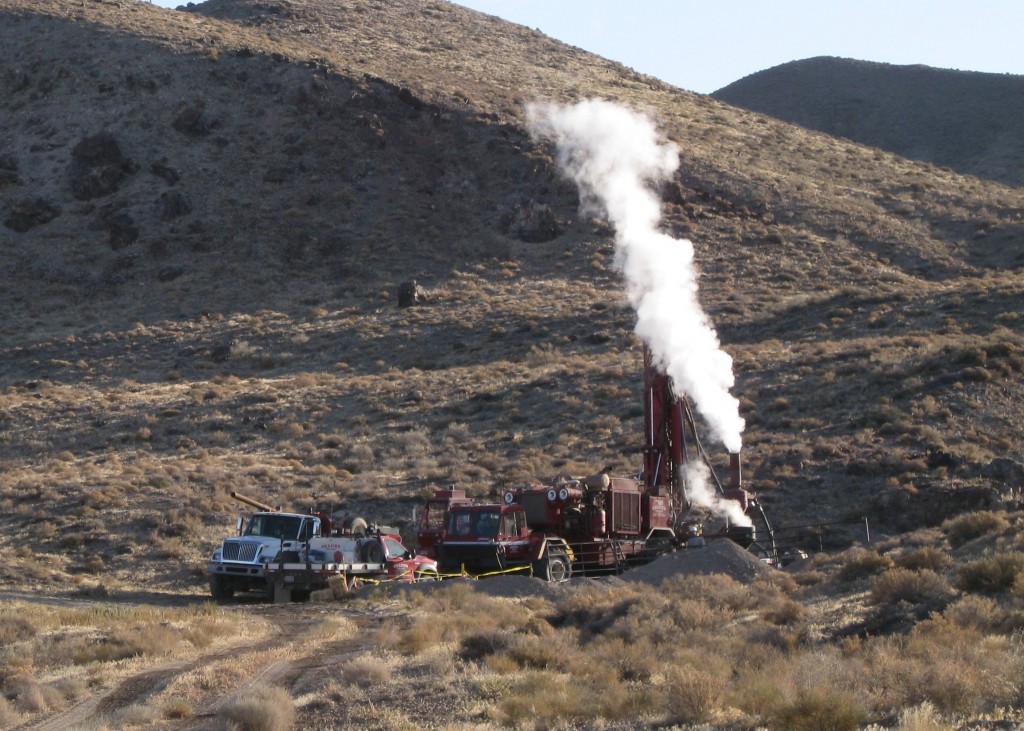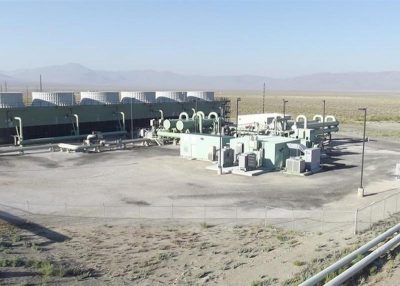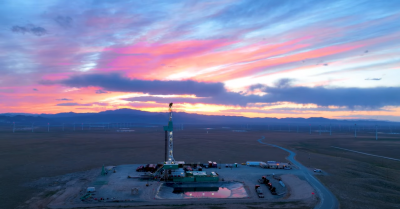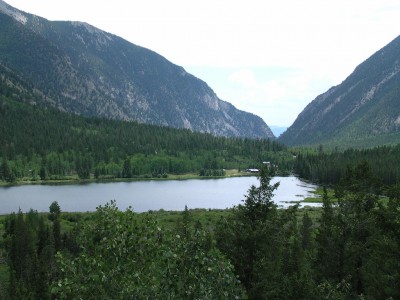How regulatory reform can unlock the geothermal potential of the U.S.
An essay by Andrew Kenneson published by the CSPI looks at the regulatory hurdles of geothermal projects in the U.S. and how the Congress and federal agencies can help overcome them.
An essay written by Andrew Kenneson (akenesson21@gmail.com) on the challenges faced by the geothermal industry in the U.S. and how these can be addressed by regulatory reform was chosen as the winner of an Essay Contest hosted by the Center for Study of Partisanship and Ideology (CSPI).
The essay cites the need for geothermal developers to prepare environmental assessments under the National Environmental Protection Act (NEPA) when undertaking geothermal exploratory drilling in federal lands. According an analysis done by the National Renewable Energy Laboratory (NREL), most of the country’s geothermal resources are located in the West, incidentally also mostly in lands managed by the federal government.
The requirement to file NEPA reports significantly slows down the geothermal development process. These reports can run hundreds of pages long and take several years to prepare and review.
The Congress can help boost the geothermal industry by granting a “categorical exclusion” to this requirement for geothermal exploration projects. Another alternative is to broaden the loophole that removes the NEPA requirement for exploration in areas under five acres and federal lands leases under 150 acres. Aside from the Congress, federal agencies can also grant categorical exclusions if previous NEPA filings can prove that geothermal projects have no significant environmental impacts.
The author argues that making geothermal projects easier to permit will encourage large companies to pivot resources away from oil and gas and towards geothermal. This will also facilitate the transition of oil and gas workers, especially since geothermal benefits from similar skillsets.
The essay goes on to discuss similar exclusions that have applied to the oil and gas industry, and the recent efforts made by members of the U.S. Congress to exclude geothermal exploration from long-winded NEPA requirements. With momentum building for carbon-free electricity, today’s legislators may be more open to changing the rules.


















